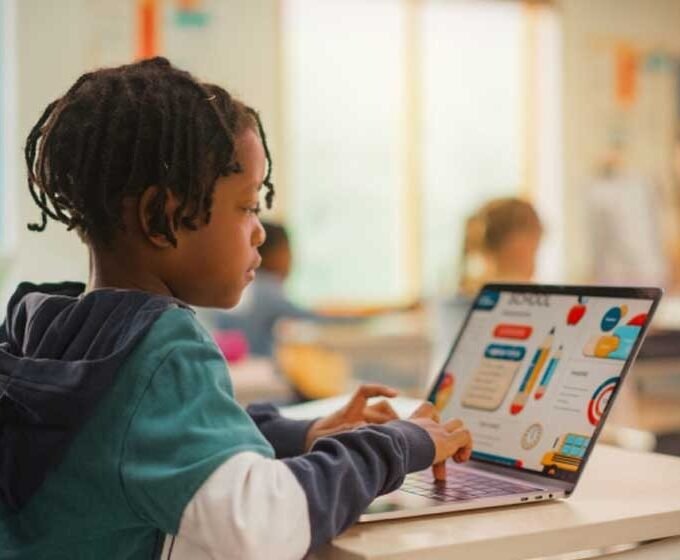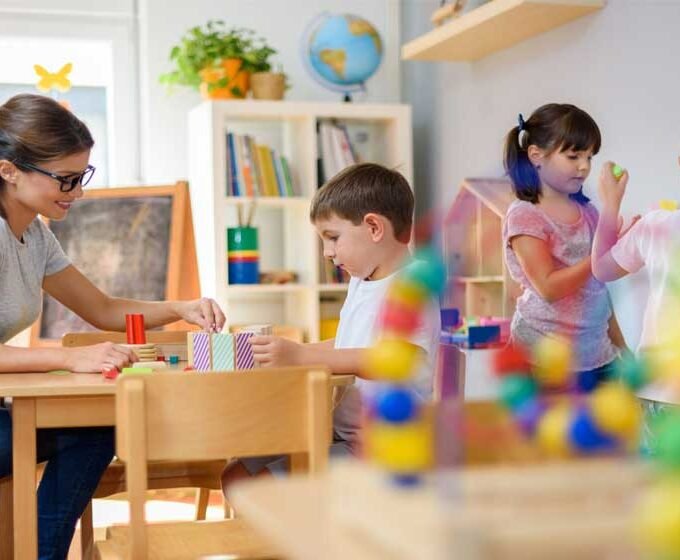Choosing the right type of school for a child is a significant decision many parents face. The debate of charter school vs public school is a common starting point for many, but it’s just the tip of the iceberg. Different educational environments offer varied experiences, resources, and teaching methodologies, which are crucial in shaping student outcomes. This article explores how the choice between different types of schools can influence academic achievement, personal development, and future opportunities for students.
Public Schools: Accessibility and Diversity
Public schools are the backbone of the education system, providing free education to all students. These schools often reflect the diversity of their communities, offering students the chance to learn in a multicultural environment. The exposure to diverse perspectives and backgrounds prepares students for the real world, fostering tolerance and empathy.
However, public schools can sometimes struggle with limited resources and high student-to-teacher ratios, which may affect the quality of education and individual attention each student receives. Despite these challenges, dedicated teachers and programs tailored to meet state standards strive to ensure that all students have the opportunity to succeed.
Charter Schools: Flexibility and Innovation
Charter schools offer an alternative to traditional public schooling, with more freedom to innovate in teaching methods, curriculums, and administration. This flexibility allows charter schools to adopt educational models that cater to specific learning needs, interests, and talents, potentially offering a more personalized education experience.
Critics, however, argue that charter schools may not always serve the broader community’s needs and that their performance can vary significantly. Nonetheless, many charter schools have successfully improved student outcomes by providing focused, innovative education solutions, particularly in underserved communities.
Private Schools: Personalized Attention and Resources
Private schools are known for their smaller class sizes, which allow for more personalized attention and a tailored approach to teaching. With more resources for extracurricular activities, technology, and facilities, private schools can offer enriched learning environments that enhance academic and personal development.
The downside is the cost of tuition, making private schools less accessible to everyone. However, for those who can afford it, private schools often provide a strong network of support and opportunities that can benefit students throughout their lives, from higher academic achievement to better college placement.
Homeschooling: Customization and Flexibility
Homeschooling represents the ultimate personalized education, allowing parents to tailor the curriculum, pace, and learning environment to their child’s needs. Homeschooled students often benefit from flexible schedules, the opportunity to delve deeper into subjects of interest, and a learning environment that minimizes distractions.
While homeschooling can offer a strong academic foundation and closer family bonds, it requires a significant time investment from parents. It may limit children’s social interactions and extracurricular opportunities unless families seek out group activities and learning cooperatives.
Success Academy states, “Like traditional public schools, charter schools are subject to health, safety, and other state and federal regulations. But, typically charter schools face fewer regulations around hiring and employment compared to district schools. That allows them to innovate in several areas, including curriculum design, the length of the school day and year, teacher training and accountability, and school operations. This flexibility enables a focus on student learning.”
Online Schools: Accessibility and Self-Paced Learning
Online schools have surged in popularity, allowing students to learn from anywhere with an internet connection. This model supports self-paced learning, making it ideal for students who need more flexibility or learn better outside a traditional classroom setting.
However, the effectiveness of online schooling can depend heavily on the student’s self-motivation and ability to manage their time effectively. While it opens doors for students in remote areas or those with specific needs, the lack of face-to-face interaction and physical presence in a learning community can be challenging for some students.
The impact of different types of schools on student outcomes is profound and multifaceted. From the community and resources offered by public schools to the personalized and innovative approaches of charter and private schools, each educational setting provides unique benefits and challenges. Homeschooling and online schools add further diversity to the educational landscape, emphasizing the importance of choosing the right school to match a student’s learning style, needs, and goals. This choice can significantly influence their academic success, personal growth, and future opportunities, highlighting education’s critical role in shaping young lives.
















